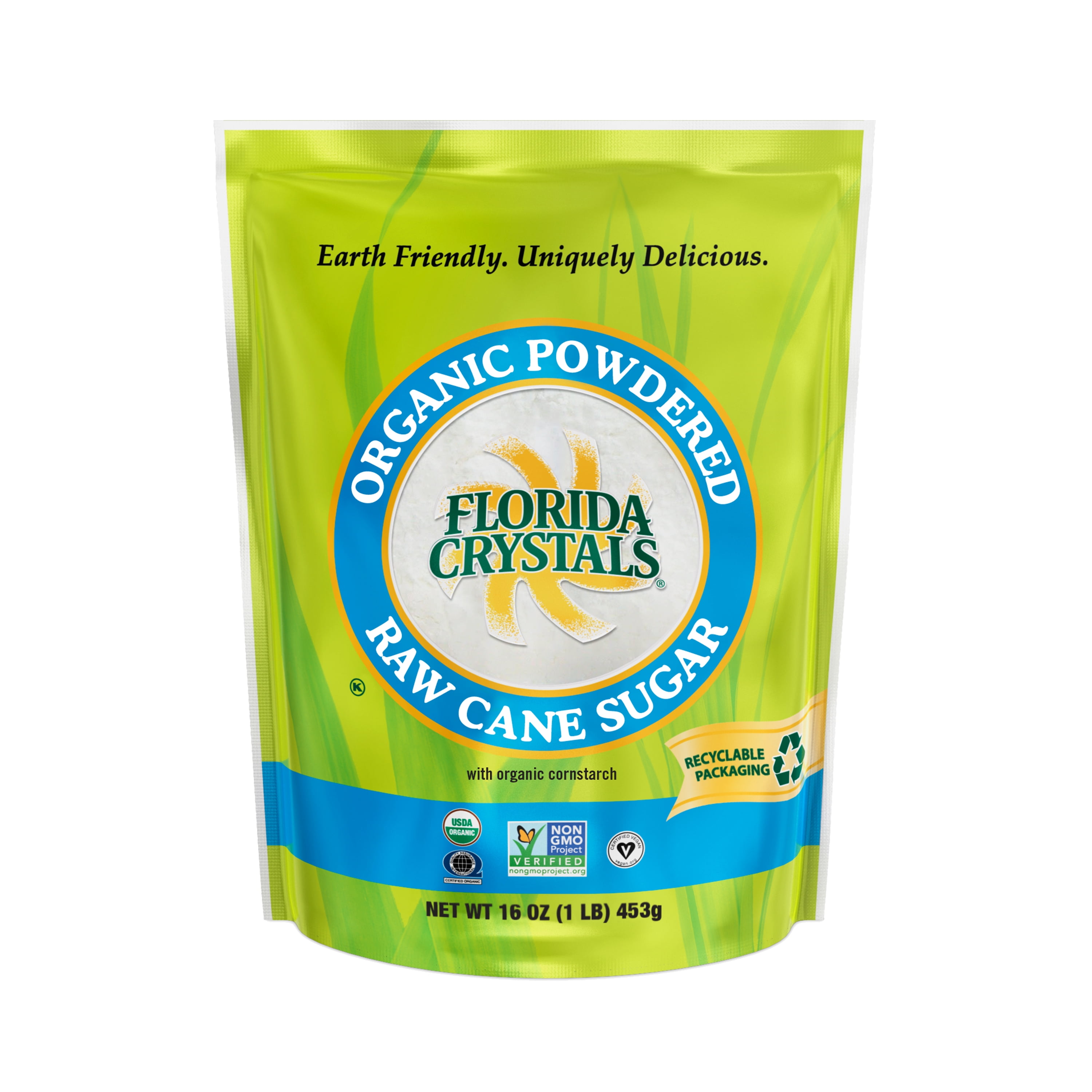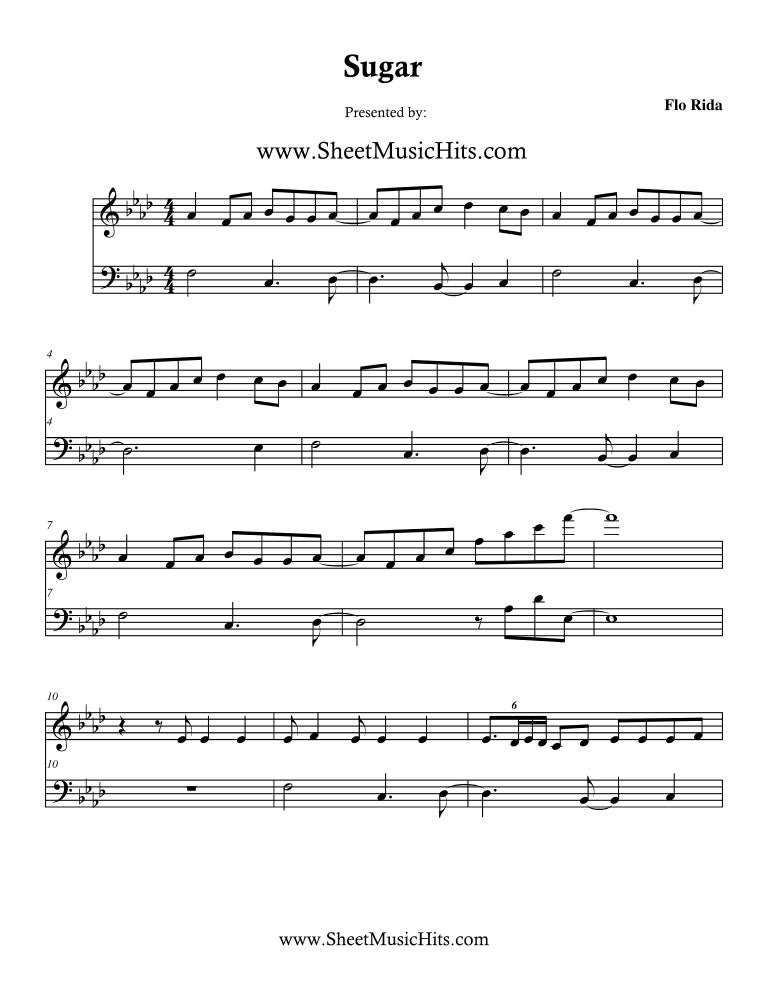

Women were drawn to his aura of romantic self-regard in his spare time he played Mozart on the piano and made Mission-style furniture. In junior high school, he had once watched David Susskind interviewing legal-aid lawyers and women on welfare, and his mother, seeing his interest, had said, “This is the kind of work you should do-helping people like that.” By the time he got to Harvard, he had developed a persistent melancholy which caused him to project an ironic detachment. Tuddenham had graduated magna cum laude, and he had a vision of himself as a fearless advocate for farmworkers. “What a surprise, it’s even on the map.” Tuddenham was an anomaly in the Panhandle he wore frayed Brooks Brothers shirts and Birkenstocks, listened to the Rolling Stones and Neil Young, and had no interest in being hired by New York law firms, which were always eager to recruit the best of the best from every Harvard law class. “Hereford?” his father asked, then looked up the town in an atlas. He called his father, a radiologist in Phil- adelphia’s Main Line, to tell him of his decision. Soon after Edward Tuddenham graduated from Harvard Law School in 1978, he took off for West Texas with two classmates to open a legal-aid office in the town of Hereford, located in an onion-and-cotton-growing area between Lubbock and Amarillo.

Lewinsky’s recollection, the President may have taken or returned the call just as she was leaving. Lewinsky, was something like “Fanuli.” In Ms. The President told her he no longer felt right about their intimate relationship, and had to put a stop to it.… At one point during their conversation the President had a call from a sugar grower in Florida whose name, according to Ms.


 0 kommentar(er)
0 kommentar(er)
